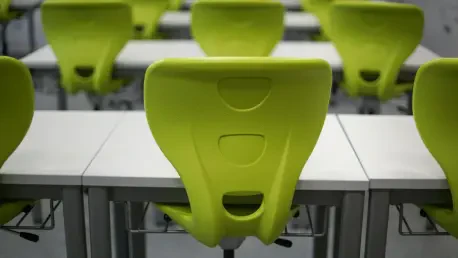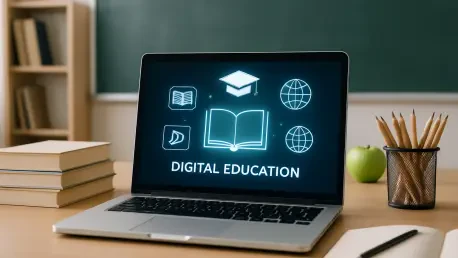
A profound and large-scale transformation is currently reshaping India's educational landscape, signaling a decisive move away from centuries-old pedagogical traditions toward a digitally empowered future. This rapid evolution is not a singular event but a confluence of deliberate government

The relentless pace of medical innovation demands that healthcare professionals continually update their skills, creating a significant need for accessible and effective continuing education solutions. In a landmark move designed to meet this demand head-on, Equasens, a prominent provider of

A simple tap on a smartphone screen, often used for ordering a meal or booking a ride, has now become a powerful tool for community building and educational reform in the Philippines. In a remarkable display of digital-age philanthropy, technology company Grab Philippines and non-profit

The relentless acceleration of medical innovation, coupled with the unpredictable nature of global health events, has created a critical inflection point for the healthcare industry. Traditional models of clinical education, once the bedrock of the profession, are struggling to keep pace with a

The ubiquitous loyalty points and digital rewards earned from daily activities like ordering food or hailing a ride often accumulate unnoticed, representing a vast, untapped resource of potential value. A pioneering initiative has now illuminated a path to transform these seemingly minor digital

The rapid digitization of education, accelerated by global events, has moved beyond a phase of emergency response and is now entering a crucial era of intentional, strategic design. At the forefront of this global conversation, the Kwame Nkrumah University of Science and Technology (KNUST) recently